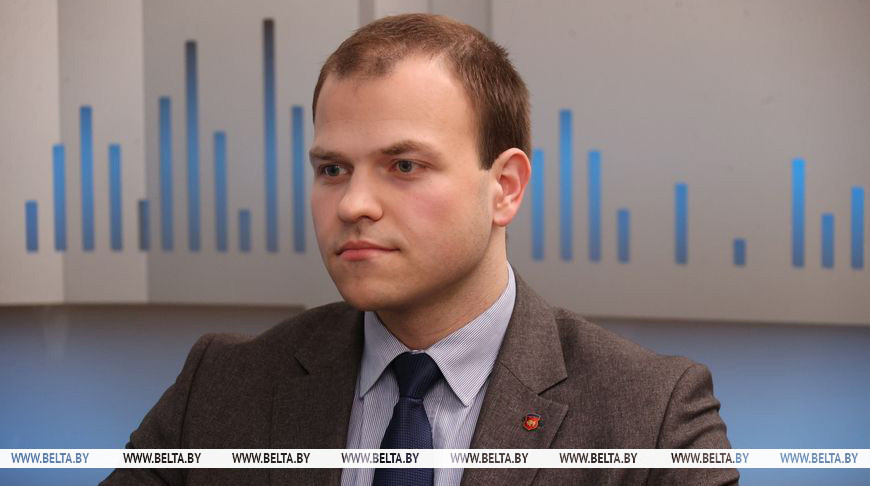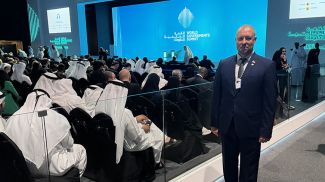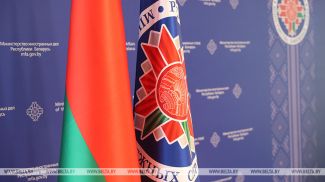
Sergei Zhuk. An archive photo
BREST, 13 August (BelTA) – In the international arena Belarus persistently advocates the human dimension of international relations and the need to humanize them as much as possible. Sergei Zhuk, an analyst with the Brest Oblast branch of the Belarusian Institute of Strategic Research (BISR), made the statement in a conversation with a BelTA reporter while commenting on a recent interview of Belarus President Aleksandr Lukashenko with the U.S. magazine Time.
The expert pointed out that it was Aleksandr Lukashenko’s second interview to U.S. mass media over the last few months. The president had a thorough conversation with the prominent U.S. blogger Mario Nawfal at the beginning of the year and the Belarus president’s interview with the Time magazine was released in August.
“There is no doubt that direct communication with the U.S. audience and political elites is important in terms of conveying the official position of the Republic of Belarus, especially at the current stage of contact intensification. It is becoming one of the tools for dispelling Western myths about Belarus’ alleged occupation by Russia and its friendship with China as a means of countering Russian influence, allowing the real domestic political situation in the country to be conveyed to listeners. The honest and open stance of the head of state will no doubt have a positive impact on the dynamics of Belarusian-American negotiations in the future,” the analyst believes.
During the interview Aleksandr Lukashenko placed particular emphasis on the humanitarian component of international relations and the need to humanize them as a whole. This is Belarus’ conceptual position. “Neoliberal and realist approaches dominate practically all Western countries. Their main problem is an almost complete failure to take into account the opinions of nations as political entities. In other words, people are not included in the ‘equation’ of international relations. This is why it is no accident that the president has repeatedly emphasized the need to change the principles and rules of international relations and to form a harmonious system that would primarily serve the interests of people rather than individual institutions and states,” Sergei Zhuk noted.
In this context Aleksandr Lukashenko spoke about the Ukrainian crisis. He drew attention to Belarus’ role in welcoming refugees, organizing exchanges, and to its readiness to continue to be a platform for negotiations in any format.
“It is important to understand that unlike Western countries, for Belarus this conflict is not just arrows on a map or a platform for confrontation with Russia. It is a bloody struggle between close nations with whom we share a common history and many thousands of family ties. This is why the head of state focused primarily on the issues and problems of the people suffering from the conflict. One of the most conceptual positions of the Belarusian leader: ‘I am close to Ukrainians, close to Russians. These are kindred people for me. I want everything to be fine here. And where they cannot meet with each other, Belarusians work between them’,” the analyst said. He added that this is why the difficult path of dialogue and mutual concessions to save lives is now extremely important. The key factor its success hinges on is the political will of state leaders, their ability to make difficult decisions to establish lasting peace as soon as possible.
“The human dimension of international relations and the need to humanize them as much as possible is the consistent position of the Belarusian state in the international arena. And the president’s interview is a vivid confirmation of that,” Sergei Zhuk concluded.













